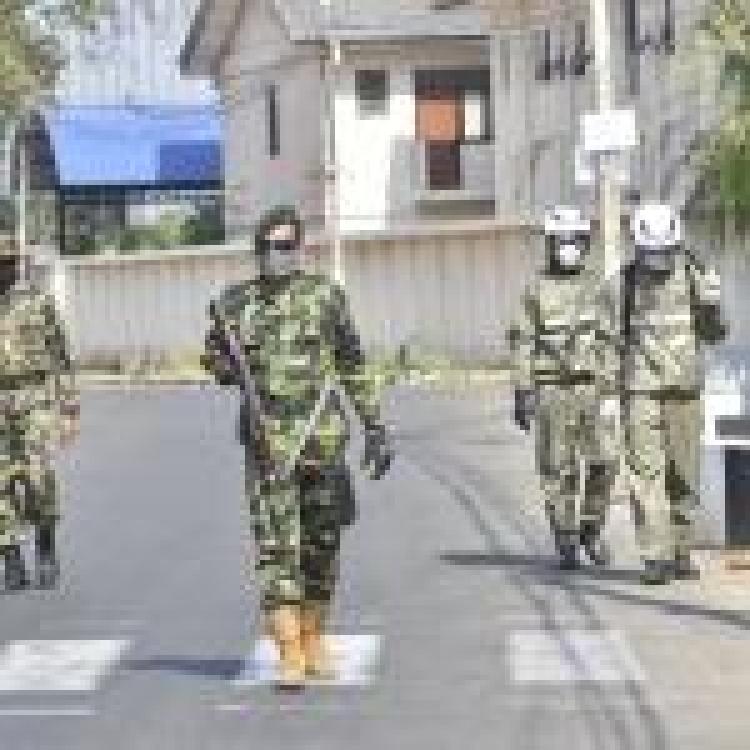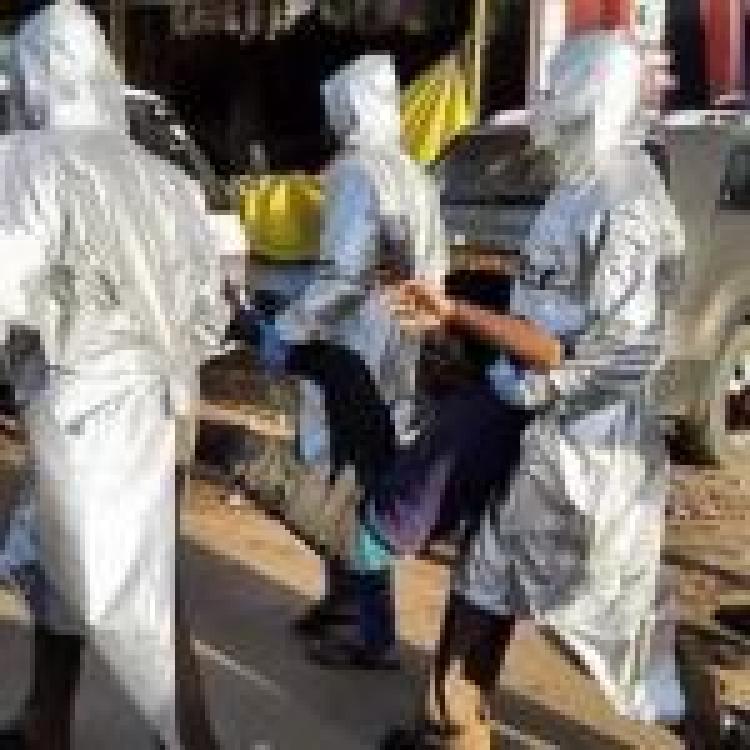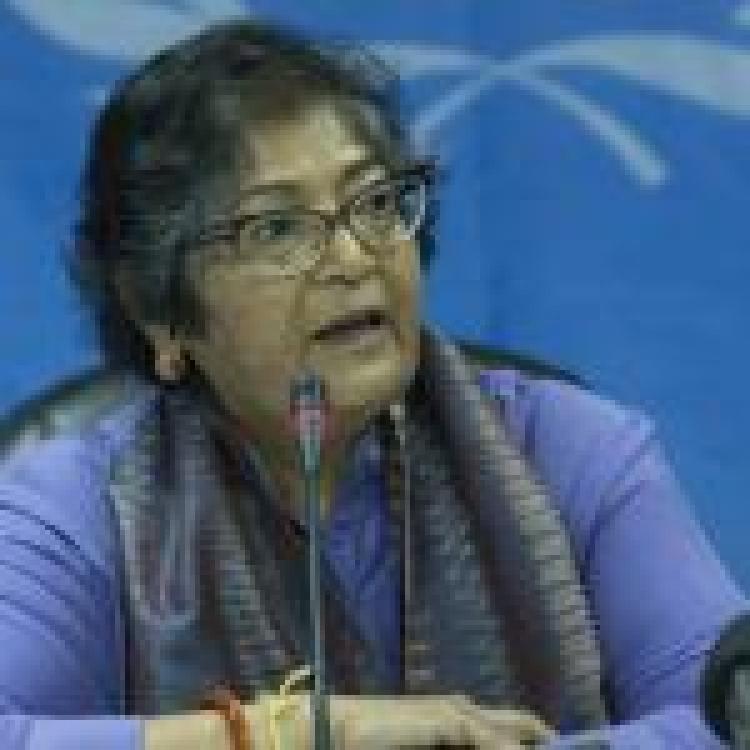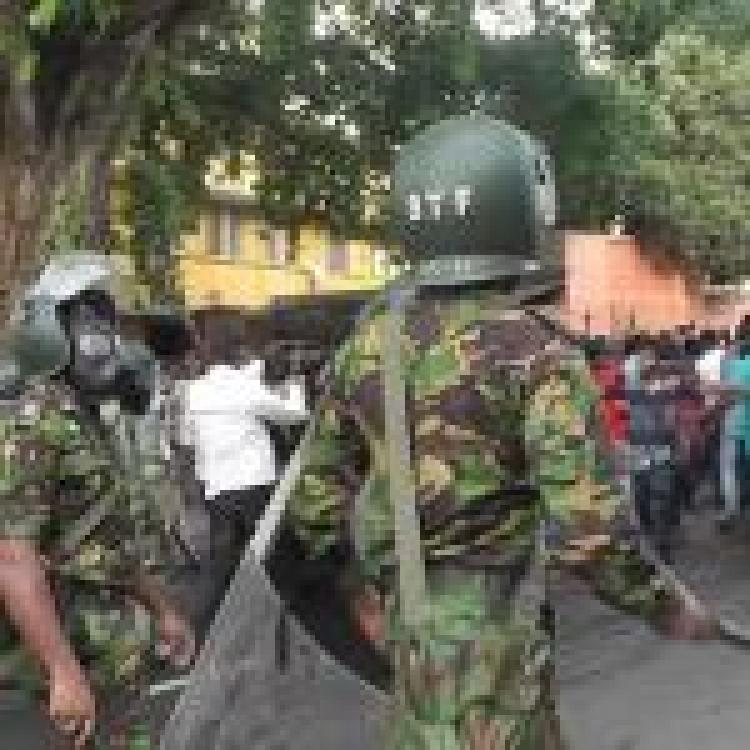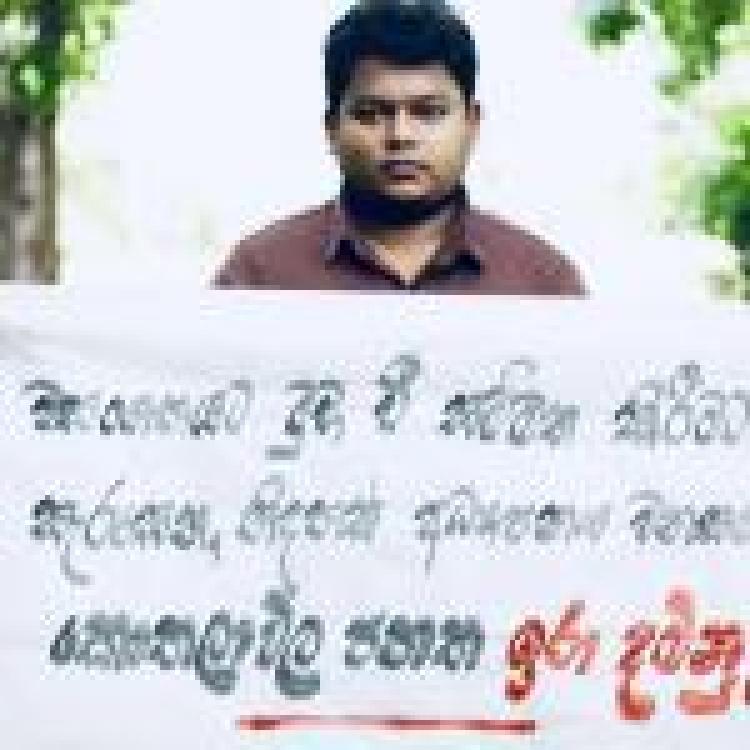![]()
Former Scottish Justice Minister, Kenny MacAskill, has urged Police Scotland to end all involvement in training Sri Lankan police warning that “Sri Lankan authorities are using Police Scotland as cover to deny repression and breaches of human rights”.
MacAskill’s intervention follows the sudden announcement from Police Scotland that they had temporarily suspended their training programme following a human rights review of their programme.
Since this announcement, numerous human rights organisations, including Human Rights Watch, Freedom from Torture, Pax Christi Scotland, and the Sri Lanka Peace and Justice Campaign, have urged Scottish Justice Secretary Keith Brown to officially cut ties with Sri Lanka’s police out of concern over human rights abuses.
“Scottish Government must intervene and direct Police Scotland to cease all involvement in the training of police forces in Sri Lanka until such times as its government adheres to and upholds internationally accepted human rights” MacAskill maintained.
Earlier this year, Human Rights Watch released a damning report highlighting the abuses of Sri Lanka’s police which have been carried out under the guise of COVID-19 pandemic measures and an anti-drug campaign. These abuses include arbitrary detention, police brutality, and extra-judicial killings. The report called on international partners to cease engagement with Sri Lanka as it warned that “assistance risks appearing to endorse or lend legitimacy to agencies that are unwilling to improve their respect for human rights”.
This point was further emphasised by the International Truth and Justice Project which highlighted in their statement that “in Geneva, the Sri Lankan delegation tried to whitewash their record by invoking the UK’s training of their counter-terrorism police unit”. They further detail that in 2016, the Sri Lankan delegation to the UN Committee Against Torture included a police officer named in a UN investigation as being in charge of one of the worst torture sites at the end of the civil war.
MacAskill stressed that it was incumbent on the Scottish Government, Police Scotland, and any other governmental agency, to ensure that none of their activities can in any way be seen as legitimising Sri Lanka’s human rights abuses.
He further added that:
“Scotland has a long tradition of supporting human rights both at home and abroad. Scotland’s reputation for advocating strongly for human rights requires the Scottish Government and Police Scotland to provide the assurances being sought.”
Thus far neither Police Scotland nor the Scottish Government has confirmed ties with Sri Lanka have been officially severed.

